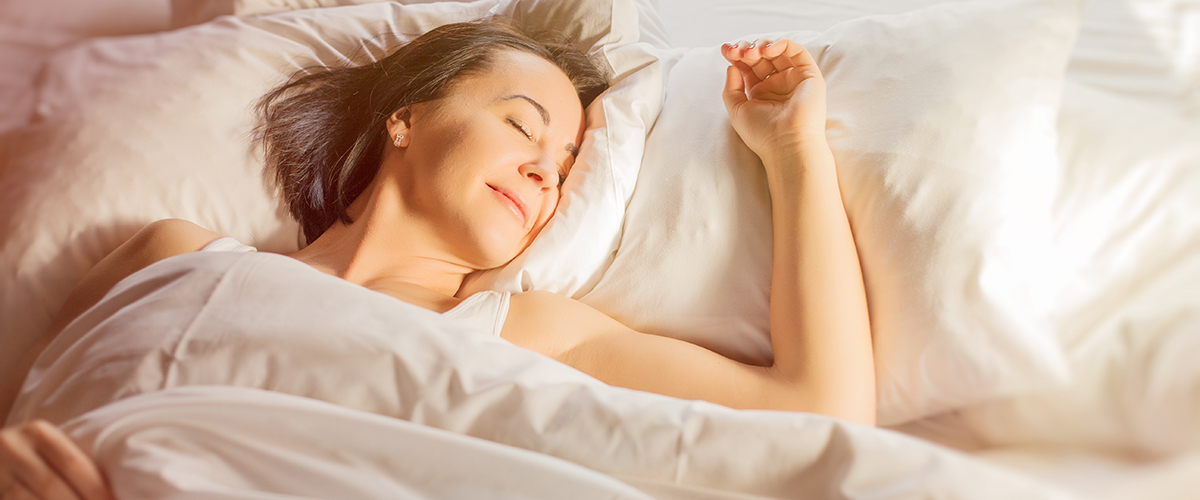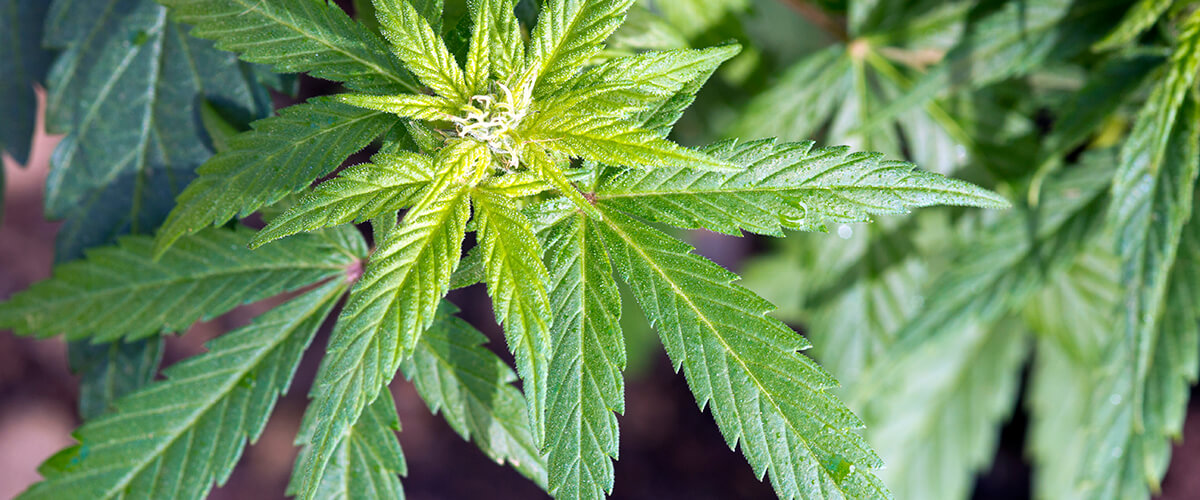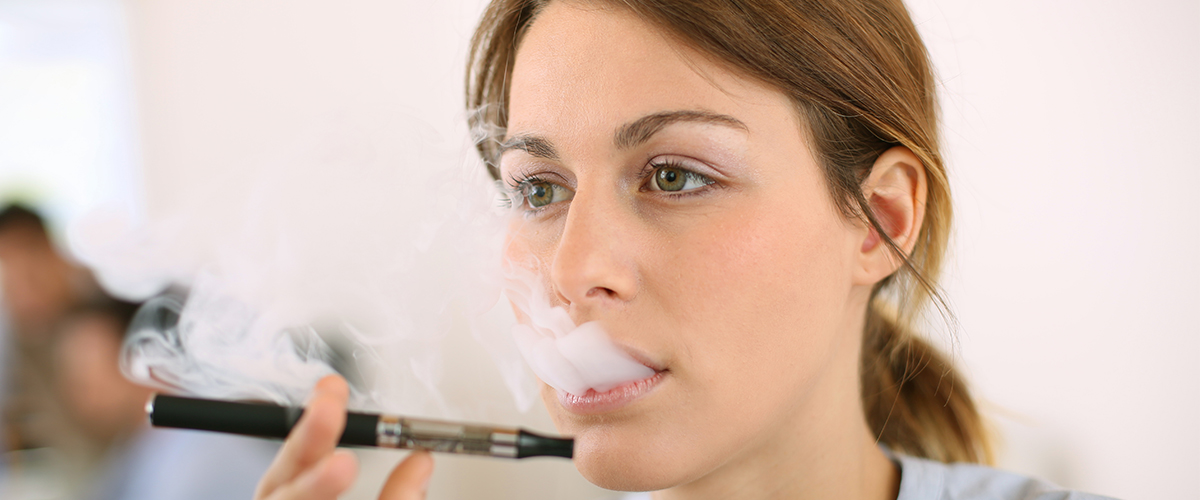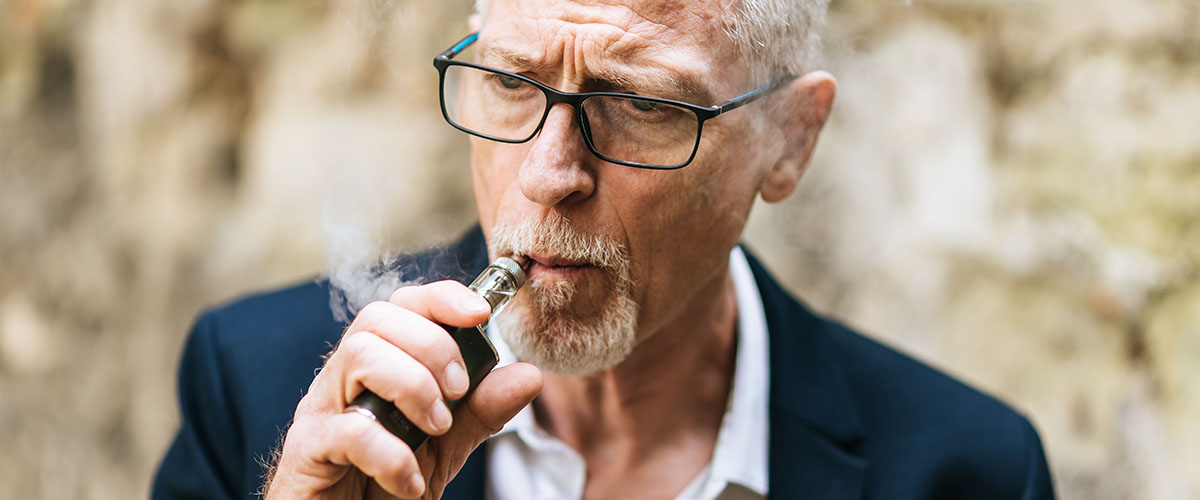A new survey shows a majority of Colorado recreational cannabis customers ingest cannabis to treat pain or to promote sleep.
The reasons most consumers purchase recreational marijuana may be surprising. A new survey has found that 65 percent of recreational marijuana consumers use cannabis for pain relief and 74 percent use cannabis to promote sleep. The report’s findings support a growing trend in cannabis use as a substitution for over-the-counter or prescription drug medication.
“While adult-use laws are frequently called ‘recreational,’ implying that cannabis obtained through the adult use system is only for pleasure or experience-seeking, our findings suggest that many customers use cannabis for symptom relief,” the study’s authors wrote.
The research team was led by Marcus Bachhuber of the Albert Einstein College of Medicine in New York. The team’s findings indicate that a large portion of cannabis consumers who purchase recreational use marijuana are in fact using cannabis for medicinal purposes.
“Our findings suggest that de facto medical use may be highly prevalent among adult use customers, and that access to an adult use cannabis market may influence individuals’ use of other medications,” the report’s authors wrote.
The research was conducted by an electronic survey of anonymous recreational, or adult-use, cannabis consumers. The report assessed 1,000 recreational cannabis customers from two dispensaries in Colorado between Aug. 2016 and Oct. 2016. Colorado has had legal recreational marijuana sales since 2014.

Using Recreational Cannabis for Pain Relief
Of those respondents who reporting use of cannabis as a form of pain relief (65 percent), the survey then asked a series of questions. Those questions included, “How, if at all, has cannabis changed your over-the-counter pain medication use in the last 6 months?”
Respondents were given examples of over-the-counter pain medications listed with the response options: “I never took over-the-counter pain medication,” “I have not changed my over-the-counter pain medication use,” “I have increased my over-the-counter pain medication use,” “I have decreased my over-the-counter pain medication use,” and “I completely stopped taking over-the-counter pain medication.”
The same series of questions followed about prescription pain medication. Among those respondents reporting usage of recreational cannabis for pain relief, 80 percent indicated it was very or extremely helpful.
Of respondents taking over-the-counter medication for pain, 82 percent reported reducing or completely stopping the use of medication after beginning to use recreational cannabis. Of respondents taking opioids for pain relief, 88 percent reported they had decreased or stopped taking opioids after beginning the use of recreational cannabis.

Using Recreational Cannabis as Sleep Aid
Of the 74 percent of respondents who reported using recreational marijuana to promote sleep, 68 percent used cannabis daily and 83 percent reported the usage as very or extremely helpful. Among those who used prescription sleep aids, 83 percent indicated they had reduced or stopped using the prescriptions after they began using recreational cannabis.
Medical marijuana program participants were excluded from the survey’s report. Colorado prohibits anyone under the age of 21 to enter a marijuana dispensary, therefore all respondents were at least 21 or over.
According to the report, 90 percent of the respondents were under the age of 50, 42 percent were women, 66 percent reported they were white/non Hispanic, and more than half reported they were in good health.

Recreational Cannabis Use vs. Medical Cannabis
Researchers found that the patterns of substitution among the respondents using for opioids or other prescription medications for pain or sleep relief were similar when compared to the usage of medical marijuana program participants.
“Our findings therefore suggest that adult use customers may be similar to medical cannabis patients in their use of cannabis as a substitute for prescription analgesics or sleep aids,” the author’s wrote.
The author’s cited a recent survey of medical cannabis patients in New England published in the Journal of Pain Research. According to the New England survey, more than 76 percent of those taking opioids and more than 65 percent of those taking sleep aids reported reducing their usage of medication.
Another recent survey the researchers cited came from The Journal of Pain: Official Journal of the American Pain Society. The reports found of those with chronic, non-cancer pain, an estimated 64 percent decreased opioid after starting medical marijuana.
The latest study, titled “Use of Cannabis to Relieve Pain and Promote Sleep by Customers at an Adult Use Dispensary,” was published in the Journal of Psychoactive Drugs earlier this month. The researchers did state the survey had limitations and that more research would be beneficial.
The limitations mentioned include the pool of respondents may have been frequent dispensary visitors and not a representation of the general adult-use public. Because the sample of respondents was a convenience sample from a retail store, respondents who had detailed experiences or opinions may have been more likely to share their experiences than those who did not.
“Longitudinal studies are needed to better understand whether and how individuals change their use of prescription or over-the-counter analgesics and sleep aids in states that pass adult use cannabis laws,” the authors wrote.

Recreational Marijuana’s Link to Pain Reduction
A recent study from a team of researchers from the University of Maryland School of Medicine and SUNY Downstate Medical Center in New York looked at the impact of recreational cannabis use on orthopedic surgery patients.
The study, published in International Orthopaedics, found that patients undergoing outpatient surgery who used recreational cannabis reported less pain intensity and more function at the site of operation than patients who did not use marijuana.
Other research indicates recreational marijuana use has been linked to a drop in alcohol and painkiller use. A market research report from High Yield Insights found that recreational marijuana consumers use 27 percent fewer over-the-counter pain medications, 21 percent fewer alcoholic spirits, and 22 percent fewer sleep aids than consumers in states that have not legalized recreational marijuana.
The Recreational Cannabis Consumer Report from High Yield Insights assessed nearly 800 recreational marijuana users ages 21 and over in six states where adult-use cannabis is legal. The respondents were asked to report on their usage of cannabis, changes in usage since legalization and attitudes toward marijuana usage.
More Cannabis News
Want to learn more about cannabis research? Read our news reports on the latest scientific studies by visiting our news page.






